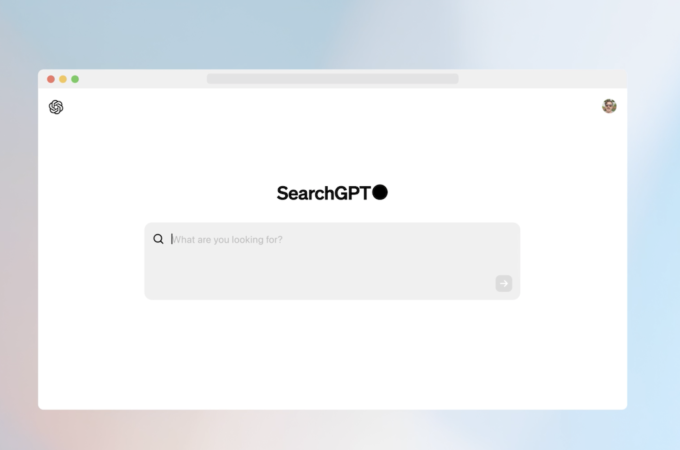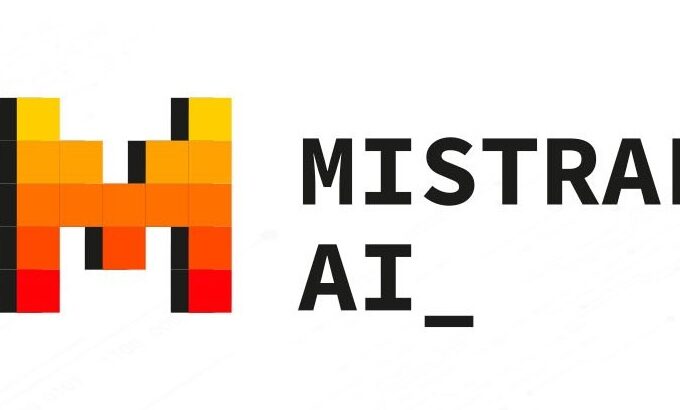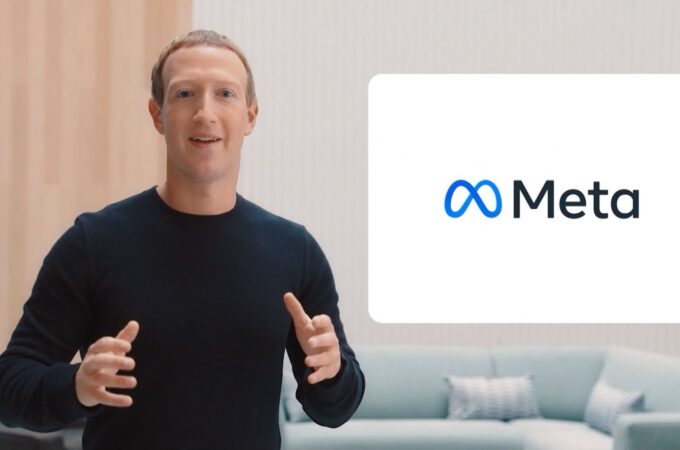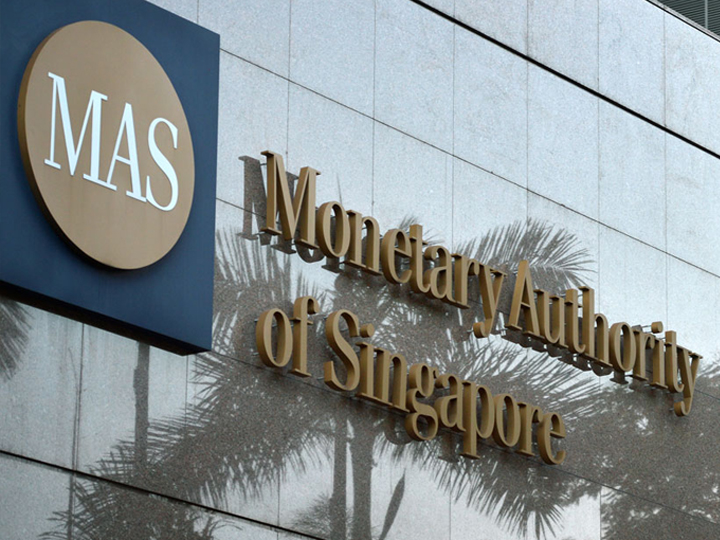
Sam Altman’s Return Signals Strategic Shift at OpenAI
In a surprising turn of events, Sam Altman is set to reclaim his role as CEO of OpenAI after a tumultuous week of boardroom upheavals. The announcement, made late Tuesday, comes with significant changes to the board, indicating a strategic shift for the prominent AI startup.
We have reached an agreement in principle for Sam to return to OpenAI as CEO with a new initial board of Bret Taylor (Chair), Larry Summers, and Adam D'Angelo.
— OpenAI (@OpenAI) November 22, 2023
We are collaborating to figure out the details. Thank you so much for your patience through this.
Altman’s reinstatement follows a complex sequence of events, including his sudden dismissal and a subsequent employee and investor uprising. The initial decision to remove Altman raised eyebrows across the tech industry, with comparisons drawn to historical boardroom coups.
OpenAI, the most valuable U.S. startup, disclosed that an “agreement in principle” has been reached for Altman’s return. The revamped board will now include Bret Taylor, former co-CEO of Salesforce, Larry Summers, former U.S. Secretary of the Treasury, and Adam D’Angelo, co-founder and CEO of Quora. Taylor will assume the role of board chair.
Microsoft, a major investor with a 49% stake in OpenAI, expressed support for the changes, signaling a collaborative effort between the two entities. Satya Nadella, Microsoft’s CEO, stated that these alterations represent an “essential step” toward more stable governance, emphasizing the importance of the partnership between the two companies.
Altman’s return is more than just a comeback; it marks a strategic realignment for OpenAI. The initial board’s decision to oust Altman, without a comprehensive explanation, triggered a cascade of events, including the resignation of Greg Brockman, the former president of OpenAI, and other key figures. Microsoft, caught off guard by the decision, rushed to hire Altman for a new AI group, only to witness a subsequent wave of resignations from OpenAI members, including Brockman, who is now also returning.
The new board composition reflects an effort to bring stability and effectiveness to OpenAI’s governance. The inclusion of tech industry veterans like Taylor and seasoned policymakers like Summers suggests a commitment to a more informed and strategic approach.
Altman’s departure had sparked concerns not only among employees but also among investors, with some exploring legal options against the previous board. Joshua Kushner, founder of Thrive Capital, a key backer of OpenAI, expressed excitement about Altman’s return, emphasizing the startup’s potential to be a groundbreaking force in computing history.
The swift changes at OpenAI underscore its significance in the AI landscape. In less than a year, OpenAI has not only emerged as a leader in the AI race but has become a pivotal player for thousands of startups building on its technologies. Microsoft’s $11 billion investment further attests to OpenAI’s influence on the tech giant’s AI endeavors.
Altman’s reinstatement, while surprising, aligns with the collective vision of employees and investors who rallied behind him. Altman expressed his commitment to OpenAI’s mission, highlighting the strength and resilience displayed by the entire team throughout the recent challenges.
The immediate fallout from Altman’s firing showcased the potential impact on OpenAI’s future. Employees threatened to defect to Microsoft, creating a precarious situation for the startup. The involvement of prominent investors, including Microsoft, Tiger Global, Thrive Capital, and Sequoia Capital, in reversing the board’s decision demonstrated the significance of OpenAI’s role in the industry.
As Altman and Brockman prepare to rejoin OpenAI, there is a palpable sense of relief among employees and investors. The reshaped board, coupled with Altman’s leadership, signals a new chapter for OpenAI—one that aims for stability, effective governance, and continued innovation in the rapidly evolving field of artificial intelligence.





